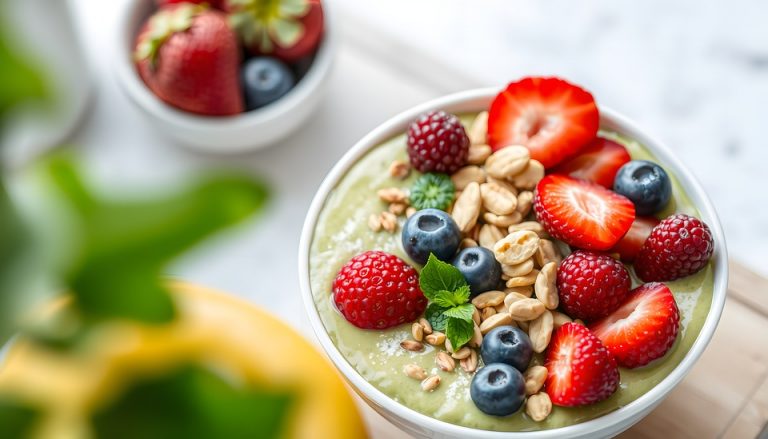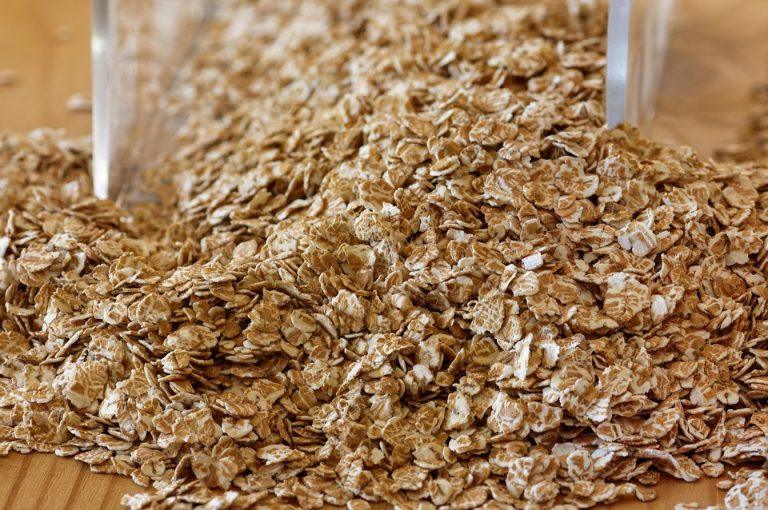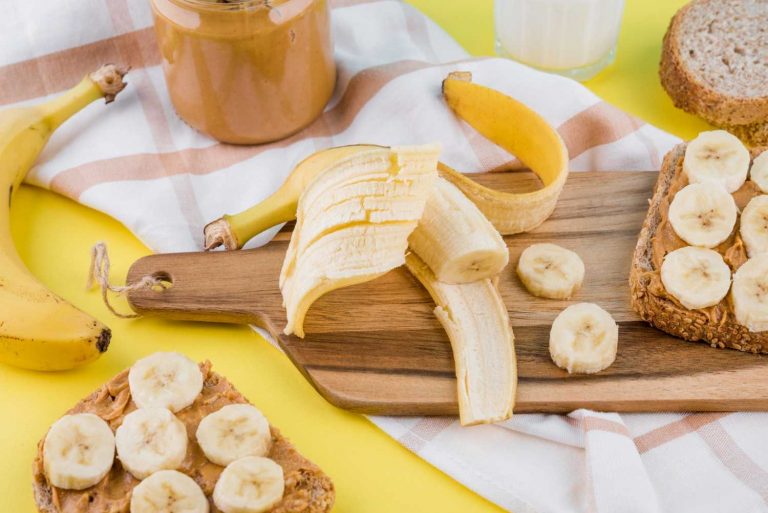Have you ever tossed and turned all night, desperately wishing for a good night’s sleep? You’re not alone. According to the National Sleep Foundation, about 30% of adults suffer from short-term insomnia. While there are countless remedies out there, one often overlooked solution is the power of magnesium-rich foods. This mineral plays a pivotal role in various bodily functions, including regulating sleep. So, let’s dive into five delicious foods that can help you catch those much-needed Zs with a magnesium boost.
Contents
Why Magnesium Matters for Sleep
Before we delve into the foods, let’s chat about why magnesium is essential for sleep. Magnesium helps regulate neurotransmitters, which send signals throughout your nervous system and brain. It also aids in the production of melatonin, the hormone responsible for sleep. A deficiency in magnesium can lead to insomnia and restless sleep, making it crucial to include magnesium-rich foods in your diet.
A study published in the Journal of Research in Medical Sciences found that magnesium supplementation improved sleep quality, particularly in older adults (Wienecke et al., 2016). While supplements can be effective, why not opt for whole foods that are not only nutritious but also delicious?
1. Leafy Greens: Spinach and Swiss Chard
When it comes to magnesium, leafy greens like spinach and Swiss chard are your best friends. Just one cup of cooked spinach contains about 157 mg of magnesium, which is about 39% of the recommended daily intake for adults.
Why They Work
These greens are also rich in vitamins A, C, and K, making them a powerhouse for overall health. The antioxidants in leafy greens can help reduce inflammation, which is often linked to sleep disorders.
How to Enjoy
Try sautéing spinach with garlic and olive oil for a quick side dish, or toss Swiss chard into your morning smoothie. You can even sneak them into your pasta sauce, your taste buds will thank you!
Caveat
While leafy greens are generally safe, some people may experience digestive issues if consuming them in large quantities. Moderation is key!
2. Nuts: Almonds and Cashews
Nuts are not just a snack; they’re a sleep-enhancing powerhouse! Almonds and cashews are particularly high in magnesium. Just an ounce of almonds provides about 76 mg of magnesium, while cashews offer around 82 mg.
Why They Work
Nuts are also a great source of healthy fats, protein, and fiber, which can keep you satiated. The combination of magnesium and healthy fats can help regulate your sleep cycle.
How to Enjoy
Snack on a handful of nuts before bedtime, or toss them into yogurt or oatmeal for a crunchy, delicious treat. You can even make a nut butter to spread on whole-grain toast.
Caveat
Watch out for portion sizes! Nuts are calorie-dense, so a small handful is often enough to reap the benefits without overdoing it.
3. Dark Chocolate
Yes, you read that right—dark chocolate can be part of your sleep regimen! It’s not just a guilty pleasure; it’s also a magnesium-rich treat. A typical 1-ounce serving of dark chocolate (70-85% cocoa) contains about 64 mg of magnesium.
Why It Works
Dark chocolate contains flavonoids, which are known to improve sleep quality by reducing inflammation and promoting relaxation. Plus, who doesn’t love a little chocolate?
How to Enjoy
Indulge in a small piece of dark chocolate after dinner, or mix some into your smoothie for a rich flavor. Just be mindful of the sugar content, as too much sugar before bed can disrupt sleep.
Caveat
Make sure to choose high-quality dark chocolate with at least 70% cocoa to maximize health benefits. And remember, moderation is key!
4. Whole Grains: Quinoa and Brown Rice
Whole grains like quinoa and brown rice are not only filling but also packed with magnesium. A cup of cooked quinoa contains about 118 mg of magnesium, while brown rice provides around 84 mg.
Why They Work
Whole grains are rich in fiber, which can help regulate blood sugar levels. Stable blood sugar can lead to better sleep, as fluctuations can often wake you up during the night.
How to Enjoy
Use quinoa as a base for salads or bowls, and pair it with your favorite veggies and proteins. Brown rice can be a great side dish or even a breakfast option when mixed with nuts and fruits.
Caveat
Keep an eye on portion sizes, especially if you’re watching your carbohydrate intake. Whole grains are healthy but can add up in calories.
5. Fatty Fish: Salmon and Mackerel
Fatty fish like salmon and mackerel are not only delicious but also packed with omega-3 fatty acids and magnesium. A 3-ounce serving of salmon contains about 26 mg of magnesium.
Why They Work
Omega-3 fatty acids are known to promote heart health and reduce inflammation. They also play a role in serotonin production, which can help regulate your sleep-wake cycle.
How to Enjoy
Grill, bake, or pan-sear salmon for a tasty dinner option. You can also add mackerel to salads or sandwiches for a quick protein boost.
Caveat
While fish is generally healthy, be sure to check for sustainability practices if you’re concerned about overfishing or mercury levels.
FAQs
1. What foods should I avoid before bedtime?
Avoid heavy meals, caffeine, and sugary snacks close to bedtime. These can disrupt your sleep cycle and make it harder to fall asleep.
2. Can I get enough magnesium from my diet?
Yes, a balanced diet rich in whole foods can provide sufficient magnesium. However, if you’re experiencing sleep issues, it might be worth consulting a healthcare provider.
3. How long before bed should I eat magnesium-rich foods?
Aim to eat your last meal or snack about 1-2 hours before bedtime to give your body time to digest.
4. Are magnesium supplements effective for improving sleep?
Some studies suggest that magnesium supplements can help improve sleep quality, especially in those with a deficiency. However, it’s best to consult a healthcare provider for personalized advice.
Conclusion
Incorporating magnesium-rich foods into your diet can be a delicious way to improve your sleep quality. From leafy greens to fatty fish, there are plenty of options to choose from. Remember, everyone’s body is different, so it might take some experimentation to find what works best for you.
As you embark on this journey to better sleep, don’t forget that lifestyle factors—like stress management and physical activity—also play a crucial role. So, indulge in those tasty magnesium-rich foods, and hopefully, you’ll be drifting off to dreamland in no time!
References
-
Wienecke, T., et al. (2016). The role of magnesium in sleep: A systematic review. Journal of Research in Medical Sciences, 21, 57. https://www.ncbi.nlm.nih.gov/pmc/articles/PMC5031163/
-
National Sleep Foundation. (n.d.). Sleep Health. https://www.sleepfoundation.org
-
Harvard Health Publishing. (2019). Magnesium: The sleep mineral. https://www.health.harvard.edu
This article is for educational purposes only and is not a substitute for professional medical advice. Always consult a qualified healthcare provider before making changes to your health routine.
Get Your FREE Natural Health Guide!
Subscribe now and receive our exclusive ebook packed with natural health tips, practical wellness advice, and easy lifestyle changes, delivered straight to your inbox.




